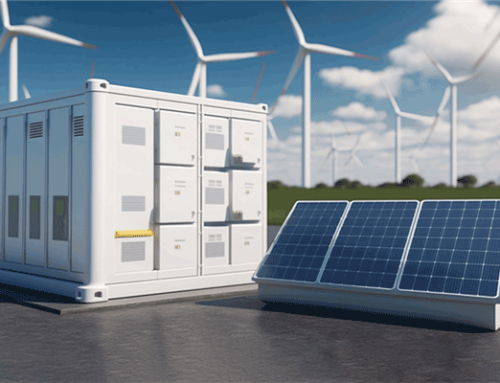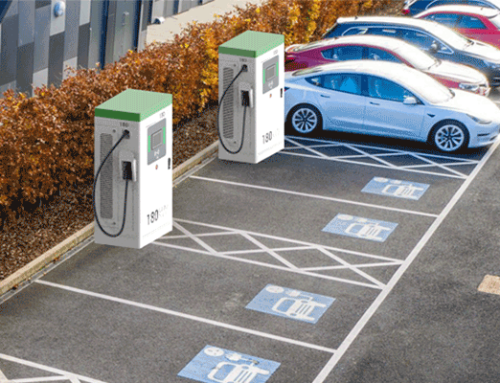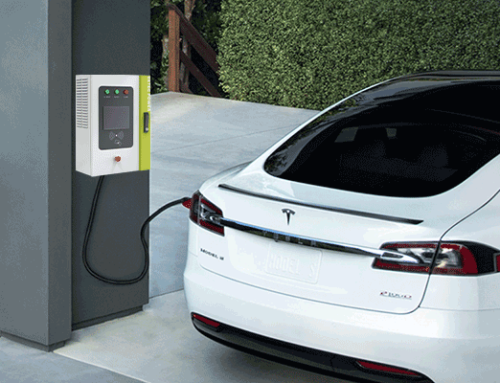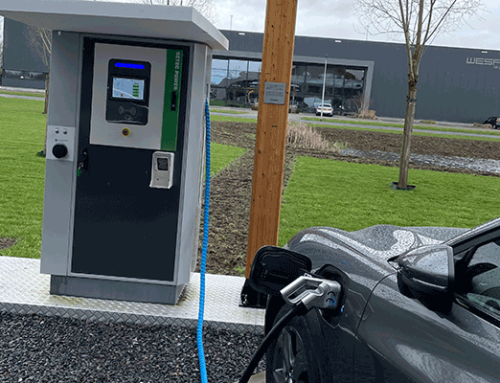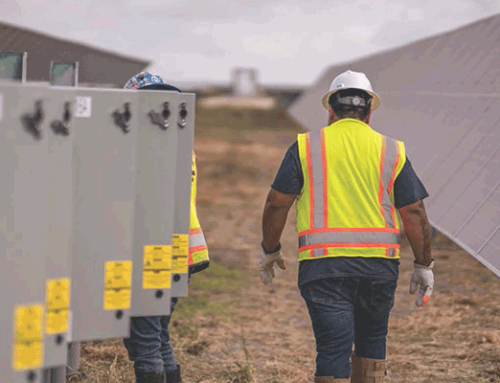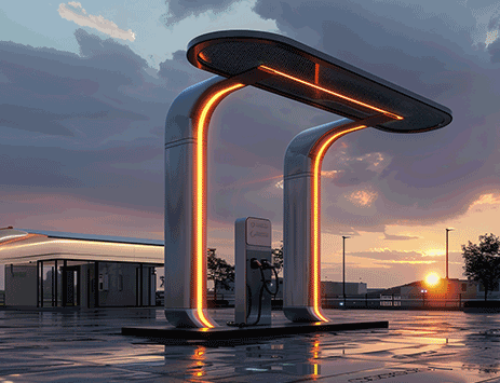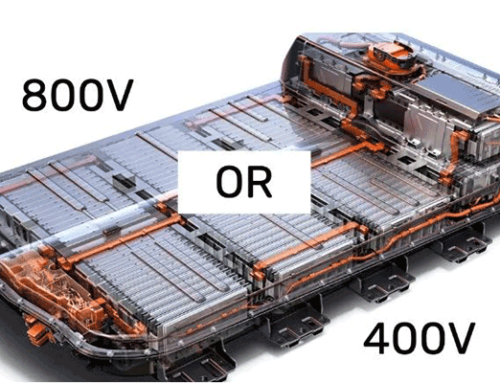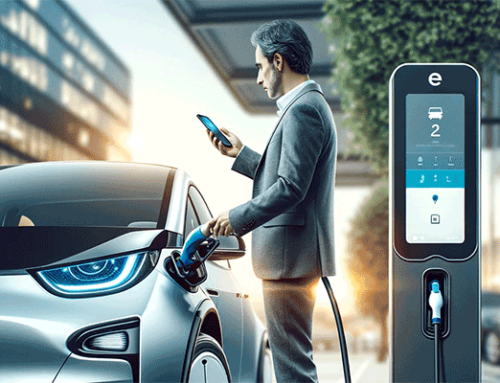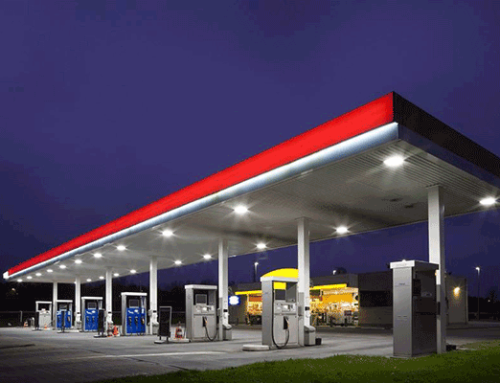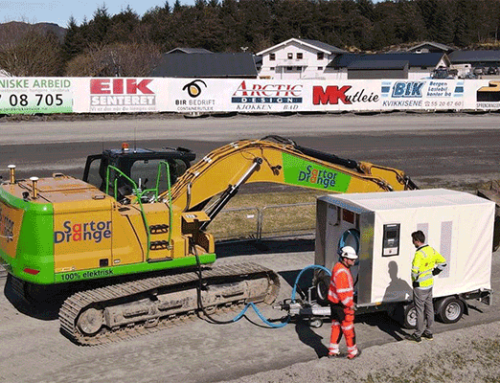The lack of uniformity in international charging standards has led to many people not understanding the difference between CHAdeMO and CCS. Today we will give you some knowledge about the charging standard. Difference Between CHAdeMO and CCS is in standard from different organization. CHAdeMO is from Japan Electric Vehicle Fast Charger Association, and CCS (Combined Charging System) is from European Automobile Association.
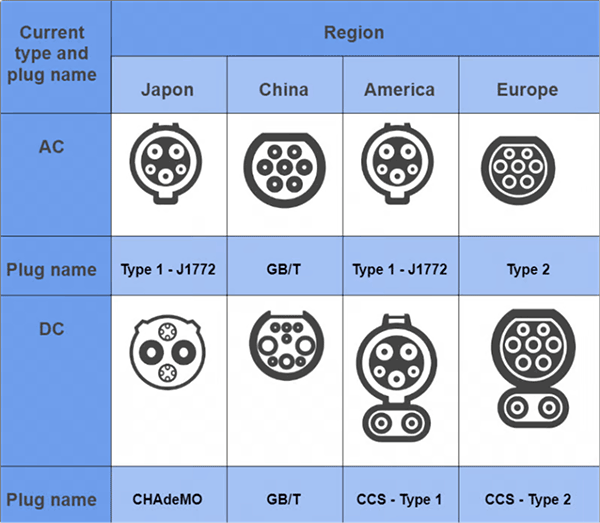
CHAdeMO
The CHAdeMO standard was launched by the Japan Electric Vehicle Association and the Japan Electric Vehicle Charging Association in March 2013. The original CHAdeMo standard supplies up to 62.5 kW power via a 500V 125A DC supply, whereas the second version of CHAdeMo supports up to 400 kW speeds. The ChaoJi project, a collaboration between the CHAdeMo agreement and China, is even capable of 500kW charging.
One of the features of electric vehicles with the CHAdeMO charging method is that the charger plugs are divided into two types: regular charging plugs and fast charging plugs. These two types of plugs have different shapes, charging voltages and functions.
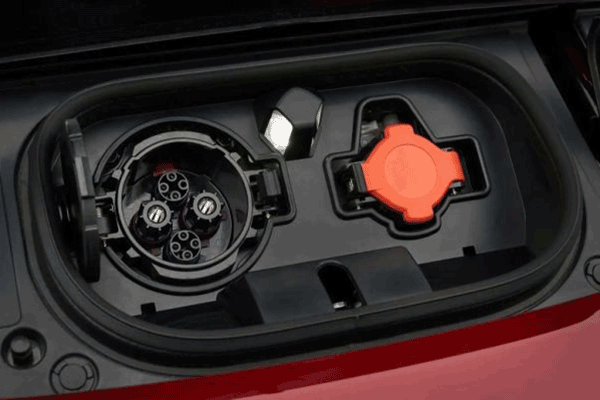
The number of electric vehicles adapted to CHAdeMO is very high. For example, CHAdeMO EVs, Nissan Leaf, Mitsubishi Outlander plug-in hybrid, Citroen C-ZERO, Peugeot iON, Citroen Berlingo, Peugeot Partner, Mitsubishi i-MiEV, and Mitsubishi MINICAB-MiEV, Mitsubishi MINICAB-MiEV truck, Honda Fit electric version, Mazda DEMIO EV, Subaru Stella plug-in hybrid, Nissan eEV200, etc.
CCS
To change the confusing charging interface standard, the eight major American and German manufacturers, Ford, GM, Chrysler, Audi, BMW, Mercedes-Benz, Volkswagen and Porsche, released the “Combined Charging System” in 2012. The Combined Charging System is the CCS. CCS can unify all the existing charging interfaces and use one to complete four modes of single-phase AC charging, fast three-phase AC charging, home DC charging and super-speed DC charging.
CCS (Combined Charging System) is currently adopted by the United States, the European Union, and countries that adopt the United States and European Union standards (such as South Korea, Singapore, India, Russia, etc.) for electric vehicle charging standards. However, there are two different versions

CCS Type 1
The CCS Type 1, also known as the Combined Charging System (CCS Combo 1) or SAE J1772 Combo connector, integrates the J1722 Type 1 plug with two additional high-speed DC fast charging pins. This connector is the standard for DC fast charging in North America.
It can supply up to 500 amps and 1000 volts DC, resulting in a maximum power output of 360 kW. Most electric vehicles in North America now use the CCS 1 plug, with some exceptions like Tesla, which has its proprietary charging standard.
CCS Type 2
The CCS Type 2 connector, commonly referred to as the CCS Combo 2, is the primary DC fast charging standard in Europe. It combines the Mennekes Type 2 plug with two additional high-speed charging pins. This connector can provide up to 500 amps and 1000 volts DC, offering a maximum power output of 360 kW.
In Europe, Tesla Model 3 and Model Y vehicles can be charged using a CCS Type 2 charging station, while Model S and Model X owners can use an adapter. This connector, like the Type 1 CCS, allows for a unified charging process, making it easier for manufacturers to produce vehicles for various markets.
CCS is currently the most widely used socket type in Europe and North America, including Audi, BMW, Chrysler, Daimler, Ford, GM, Porsche, Jaguar and Volkswagen all equipped with IEC or SAE. For Example, CCS EVs, Zinoro 1E, Audi A3 e-tron, BAIC E150EV, BMW i3, Tengshi, Volkswagen e-up, Changan Yidong EV and Smart EV.
Few new EVs released today have adopted the CHAdeMo standard, and even some Japanese automakers (including Toyota and Nissan), a growing number of charging station operators, are choosing to use CCS plugs for their charging stations. All in all, CHAdeMo is gradually being phased out. In any case, we all hope that a global unified charging standard will emerge, which can better promote the development of the electric vehicle industry.
If you’re looking for a high-quality electric vehicle charging station, look no further! Our SETEC POWER fast EV charger can reach a maximum output power of 36kW. Whether it’s CHAdeMo, CCS, or any other protocol, we can customize it according to your needs. Contact us now.

